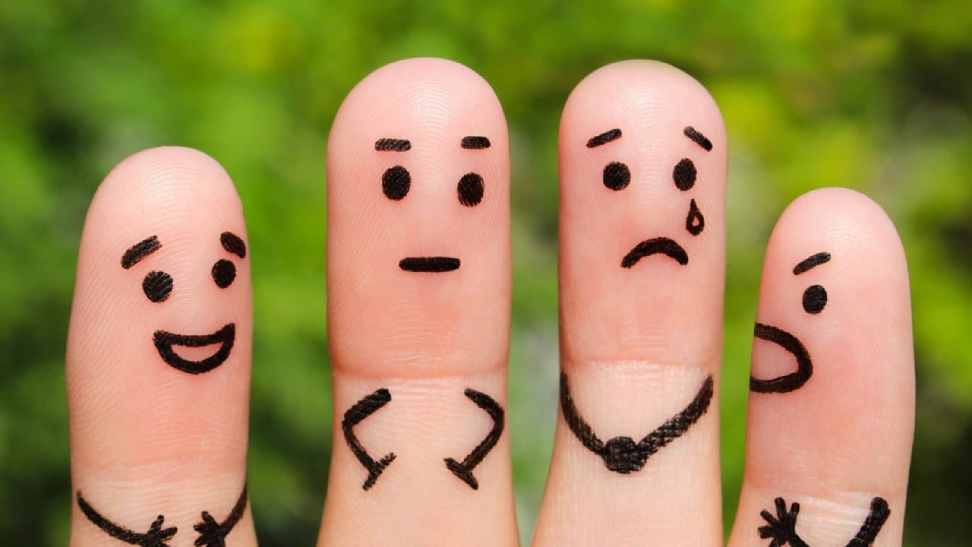Alphaexch247, Kabook Login, VL Book: Emotions play a critical role in shaping human behavior. They act as powerful motivators, driving individuals to take action in various situations. For example, feelings of fear can trigger the fight-or-flight response, while feelings of joy can lead to acts of generosity and kindness.
Moreover, emotions also influence our decision-making processes. Research has shown that emotions can bias our judgments and choices, often leading us to make decisions that are based more on how we feel in the moment rather than on rational thought. Understanding the impact of emotions on human behavior is essential for developing greater self-awareness and emotional intelligence, helping us navigate the complexities of our social interactions and relationships.
The Impact of Childhood Experiences on Emotional Development
Childhood experiences play a crucial role in shaping our emotional development. The way we are raised, the interactions we have with caregivers, and the environment we grow up in all have a lasting impact on how we perceive and express emotions. Children who grow up in nurturing and supportive environments tend to develop healthy emotional regulation skills, while those exposed to neglect or abuse may struggle to manage their emotions effectively.
Research has shown that early experiences, such as attachment patterns with primary caregivers, can influence how individuals form relationships and express emotions later in life. Children who have secure attachments with caregivers are more likely to feel safe to explore their emotions and seek support when needed. Conversely, children who experience inconsistent or negative interactions with caregivers may develop insecure attachment styles, leading to difficulties in expressing emotions and building trusting relationships.
� Children who grow up in nurturing and supportive environments tend to develop healthy emotional regulation skills
� Those exposed to neglect or abuse may struggle to manage their emotions effectively
� Early experiences, such as attachment patterns with primary caregivers, can influence how individuals form relationships and express emotions later in life
� Secure attachments with caregivers lead to feeling safe to explore emotions and seek support when needed
� Inconsistent or negative interactions with caregivers may result in insecure attachment styles
Exploring the Connection Between Thoughts and Emotions
Tigerexch247, GX247, Mglionbet: Our thoughts and emotions are intricately linked, with each influencing the other in a continuous feedback loop. When we have negative thoughts, it often leads to negative emotions such as sadness, anger, or anxiety. Similarly, experiencing strong emotions can color our thoughts, making it difficult to think clearly or rationally.
The way we interpret and appraise situations greatly impacts our emotional responses. For example, if we view a challenging task as an opportunity for growth and learning, we are more likely to feel motivated and optimistic. On the other hand, if we perceive the same task as overwhelming or impossible, we may experience feelings of frustration or defeat. This highlights the powerful role our thoughts play in shaping our emotional experiences.
How do emotions influence human behavior?
Emotions play a vital role in shaping our thoughts, actions, and decision-making processes. They can impact how we perceive situations, interact with others, and navigate through life.
Can childhood experiences affect emotional development?
Yes, childhood experiences can have a significant impact on emotional development. Traumatic events or stressful environments during childhood can shape how individuals perceive and regulate their emotions in adulthood.
Is there a connection between thoughts and emotions?
Yes, there is a strong connection between thoughts and emotions. Our thoughts can trigger certain emotions, and in turn, our emotions can influence our thoughts. This dynamic relationship plays a crucial role in how we experience and respond to the world around us.
Have A Look :-
- Is Capital Goods A Good Career Path?
- Is Steel Or Iron Ore A Good Career Path?
- The Airlines Charging the Most Hidden Fees

